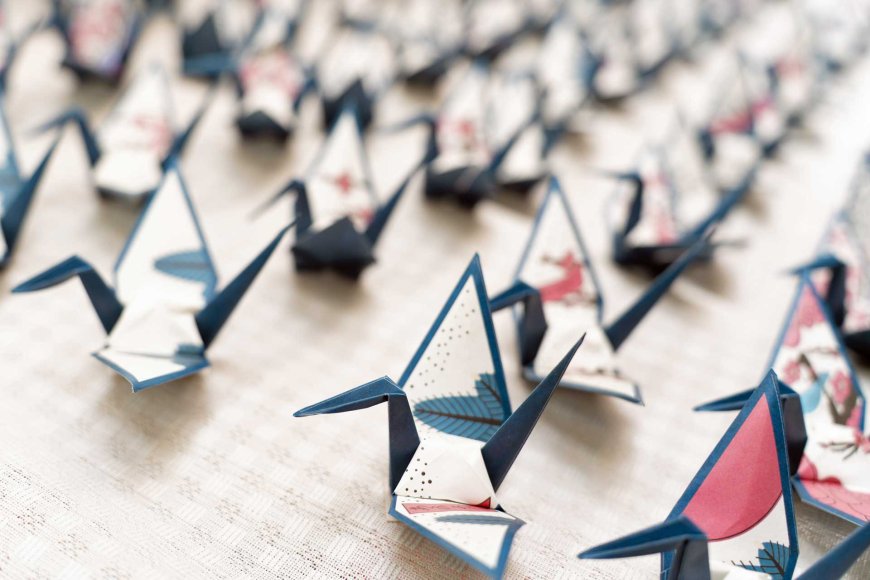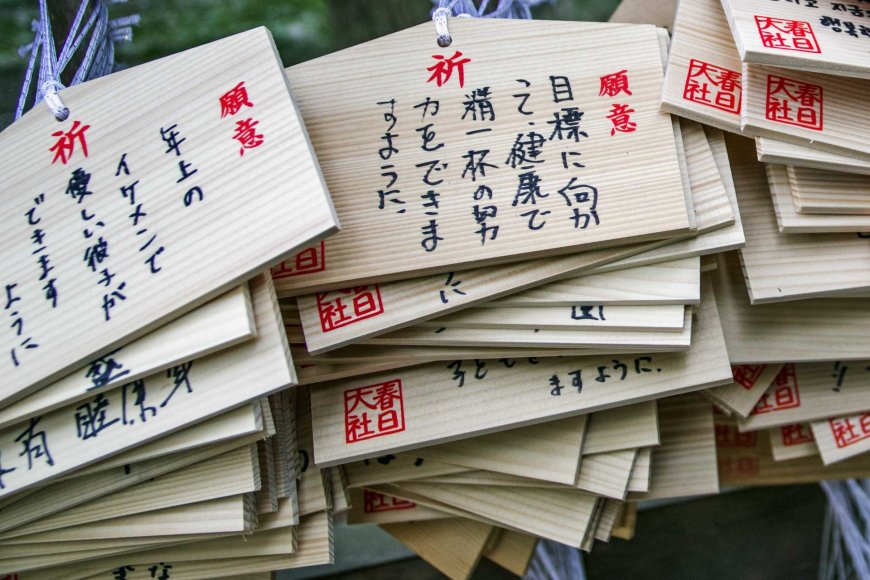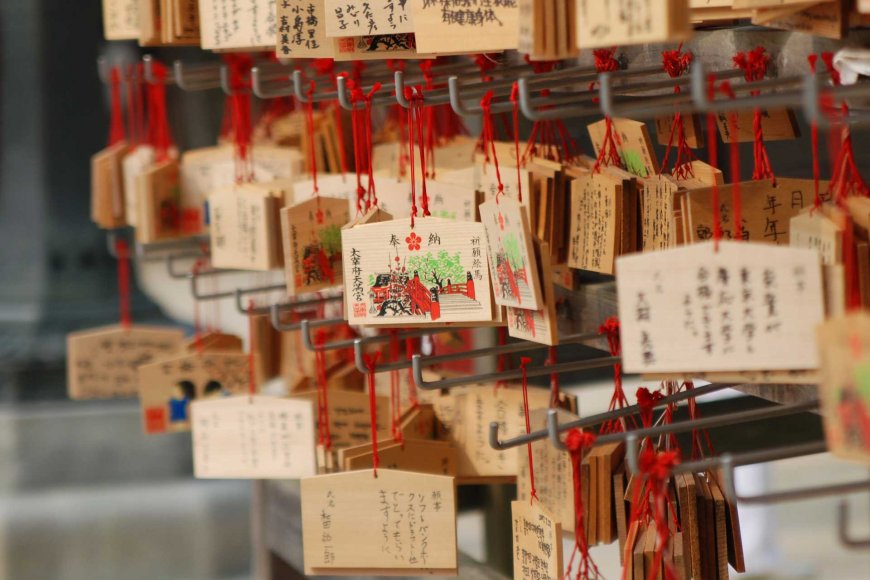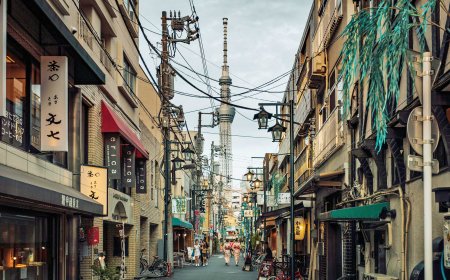How to Say "I Hope" or "I Wish" in Japanese
In Japanese, expressing hope or a wish involves using polite and indirect phrases that convey deep meaning.

Polite and Nuanced Expressions of Hope in Japanese
In Japanese, the expressions for "I hope" or "I wish" can be quite nuanced, as Japanese often conveys wishes, hopes, and desires through indirect or polite expressions rather than direct translations.

Expressing "I Hope" or "I Wish" in Japanese
Using 「~といい」(~to ii) or 「~といいですね」(~to ii desu ne) The phrase 「~といい」 (pronounced "to ii") is commonly used to express hope or a wish in Japanese. It implies that you are hoping for something to happen, and adding 「ですね」 (desu ne) makes it more polite.
Example
- English: "I hope you had the time of your life."
- Japanese: 「人生で最高の時間を過ごせたといいですね。」
- Romanized: Jinsei de saikou no jikan wo sugose-ta to ii desu ne.
This phrase literally translates to "I hope you were able to spend the best time of your life," and is a polite and soft way of expressing the sentiment.

Using 「願う」(negau) Another word that can be used for expressing hope or wish is 願う (negau), which means "to wish" or "to hope." While not as commonly used for casual hopes, it's more formal and can be used when expressing deeper, more heartfelt desires.
Example
- English: "I wish you had the time of your life."
- Japanese: 「人生で最高の時間を過ごせたことを願っています。」
- Romanized: Jinsei de saikou no jikan wo sugose-ta koto wo nega-tte imasu.
This is a more direct and formal expression of hope or wish and implies a sincere, earnest desire.

Using 「~ますように」(~masu you ni) Another common way to express hope is by using the structure ~ますように (~masu you ni), which is often used in situations where you are wishing for something to happen. It can have a more spiritual or prayer-like tone.
Example
- English: "I hope you had the time of your life."
- Japanese: 「人生で最高の時間を過ごせましたように。」
- Romanized: Jinsei de saikou no jikan wo sugose-mashita you ni.
This phrase translates more closely to "I pray that you had the time of your life," and it’s often used when someone is expressing a heartfelt wish.

Cultural Context
In Japanese culture, direct expressions of desire or hope are often softened to maintain politeness and avoid imposing on others. This is why phrases like 「といいですね」 (to ii desu ne) or 「ますように」 (masu you ni) are frequently used — they imply a kind hope rather than a forceful wish. It’s also common to omit pronouns like “you” because the context often makes it clear who is being referred to, and including pronouns can sometimes feel overly direct or less polite in certain situations.
If you want to say something like “I hope you had the time of your life” in Japanese, you could choose between several expressions, depending on the tone and formality you wish to convey:
- 「人生で最高の時間を過ごせたといいですね。」(polite, casual hope)
- 「人生で最高の時間を過ごせたことを願っています。」(formal, sincere wish)
- 「人生で最高の時間を過ごせましたように。」(heartfelt, almost prayer-like wish)
Each of these phrases carries the sentiment of hoping for someone's happiness but varies in tone and context.
Find Cheap Flight Tickets to any Destinations in Japan and the Philippines
Nipino.com is committed to providing you with accurate and genuine content. Let us know your opinion by clicking HERE.






























































